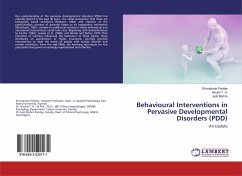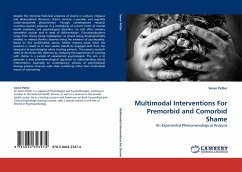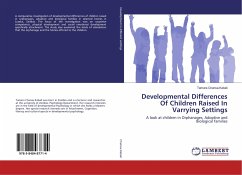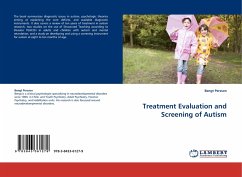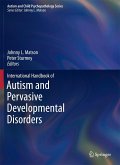Our understanding of the pervasive developmental disorders (PDDs) has radically altered in the past 40 years. The initial recognition that these are biologically based conditions (Rimland, 1964), and rejection of the psychoanalytic concept of parental blame as an explanatory mechanism (Bettelheim, 1967), created an intellectual context in which behavioural and educational interventions could take root. Beginning with demonstrations by Ferster (1961), Lovaas et al. (1966), and Bartak and Rutter (1971) that principles of learning influenced the behaviour of these clients, there developed an appreciation of highly structured, carefully planned interventions to meet the needs of people with autistic disorder and related conditions. Since the mid-1960s, the teaching techniques for this population has grown increasingly sophisticated and effective.

